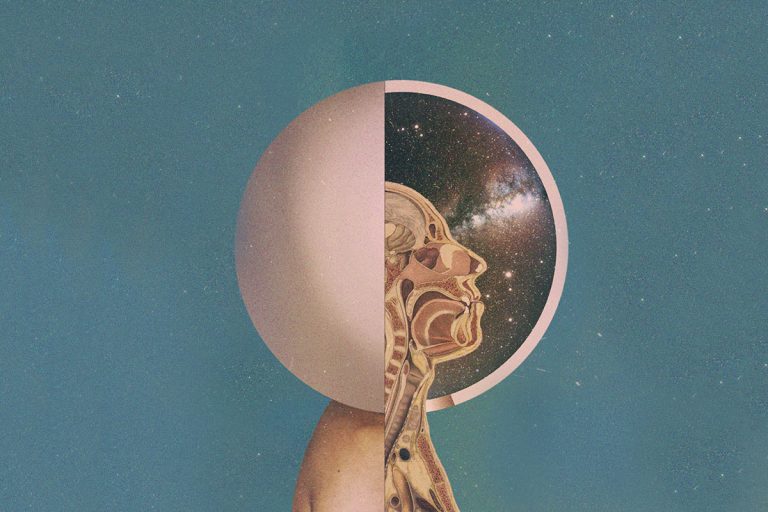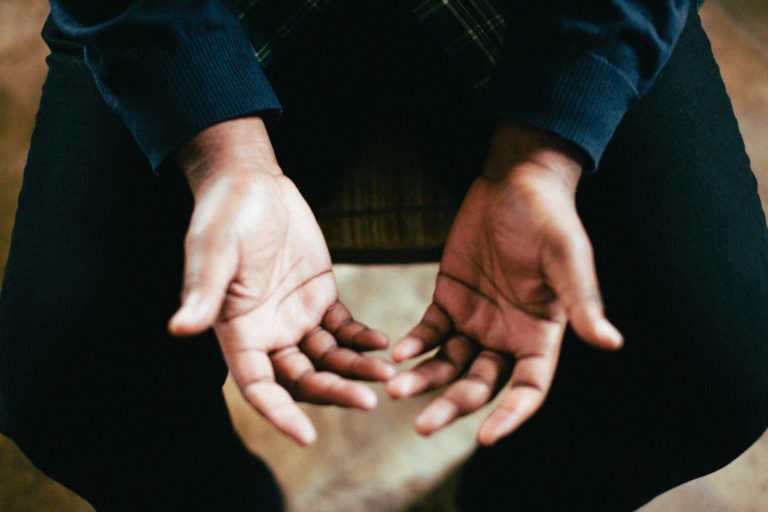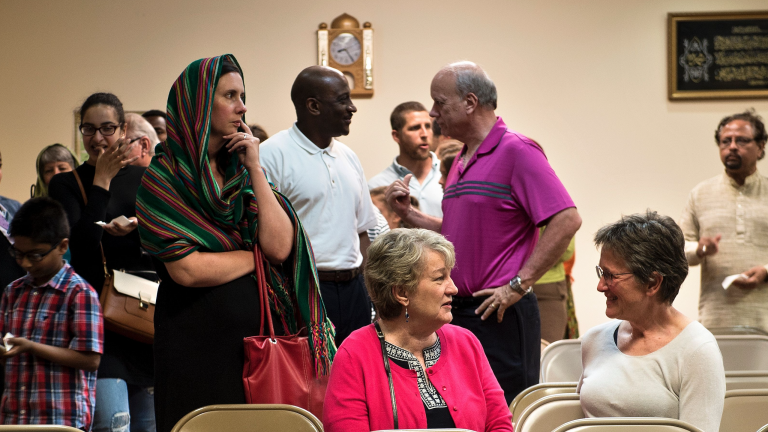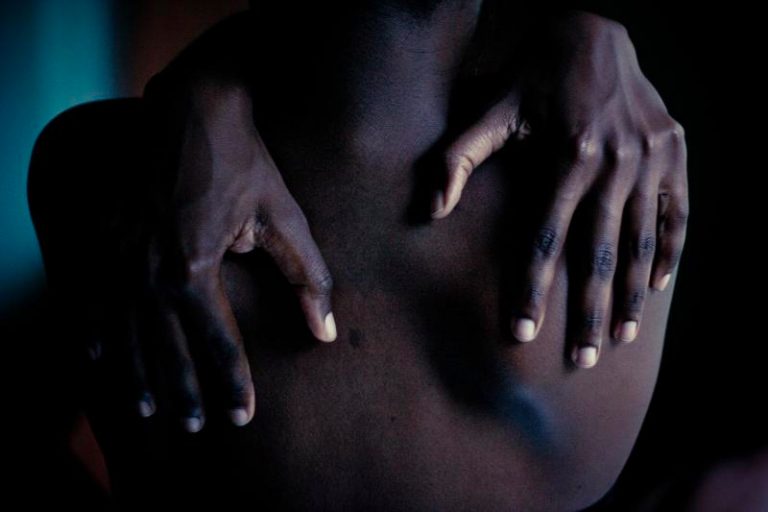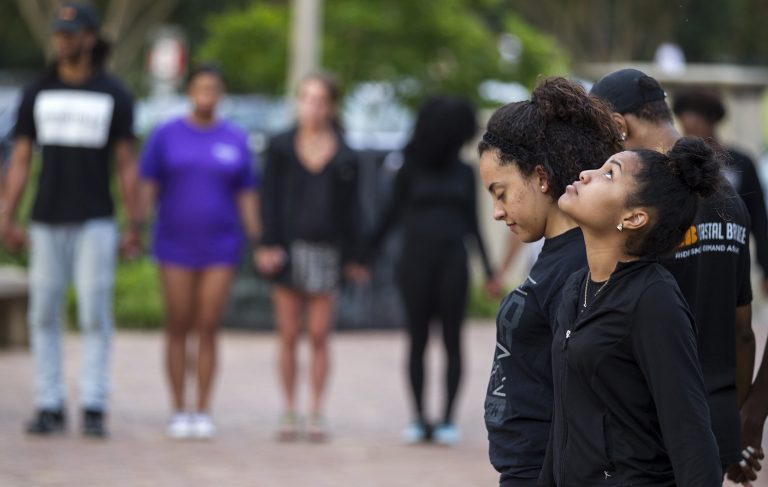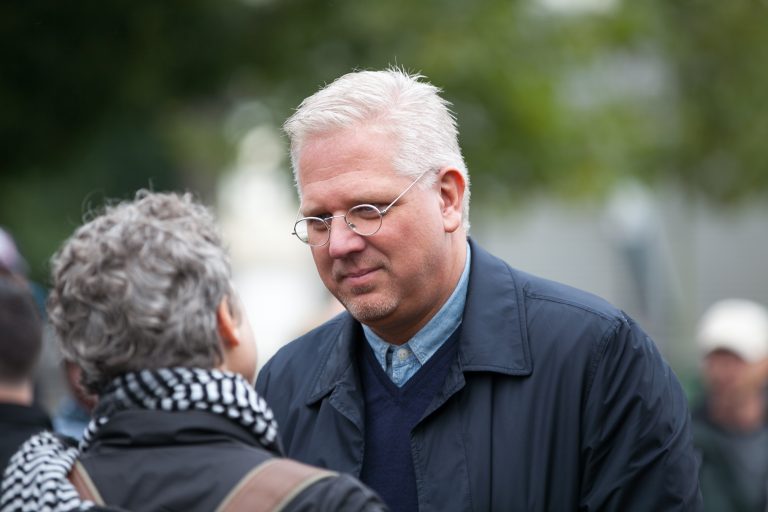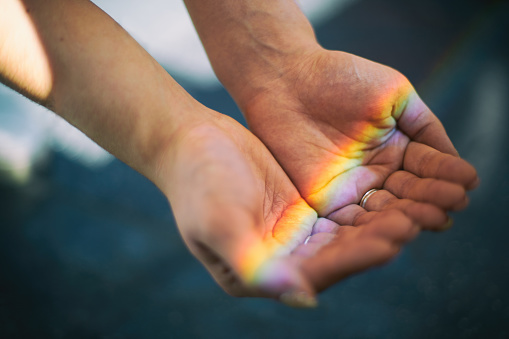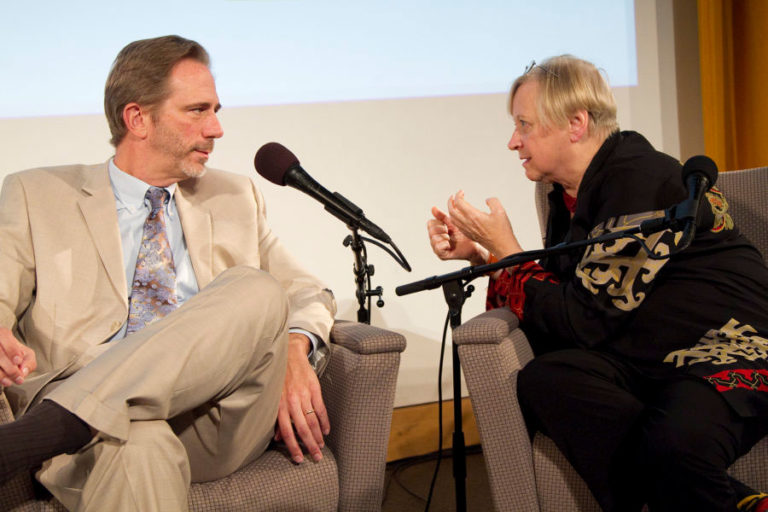A literary thinker with a “telescopic view of time”; an astrophysicist with an eye to “cultural evolution towards good.” What unfolds between these two is joyous, dynamic, and unexpectedly vulnerable — rich with cosmic imagining, civic pondering, and even some fresh definitions of the soul. A live taping from the inaugural On Being Gathering at the 1440 Multiversity in California.
Civil Conversations Project
View
- List View
- Standard View
- Grid View
95 Results
February 1, 2018
Sarah Bassin and Abdullah Antepli
Holy Envy
The tensions of our time are well-known. But there are stories that are not being told, because they are not violent and not shouting to be heard. One of them is that all over this country, synagogues and mosques, Muslims and Jews, have been coming to know one another. There is friendship. There are initiatives that are patiently, and at human scale, planting the seeds for new realities across generational time. As part of the Civil Conversations Project, a live conversation at the Union for Reform Judaism’s General Assembly in Boston between Imam Abdullah Antepli and Rabbi Sarah Bassin.
No challenge before us is more important — and more potentially life-giving — than that we come to see and know our fellow citizens, our neighbors, who have become strangers. Journalist Anand Giridharadas and Whitney Kimball Coe of the Rural Assembly have two very different histories and places in our life together. But they are both stitching relationship across the ruptures that have made politics thin veneers over human dramas of power and frailty, fear and hope. We spoke at the Obama Foundation’s inaugural summit in Chicago.
September 14, 2017
Junot Díaz
Radical Hope Is Our Best Weapon
“From the bottom will the genius come that makes our ability to live with each other possible. I believe that with all my heart.” These are the words of the Pulitzer Prize-winning Dominican-American writer Junot Díaz. His hope is fiercely reality-based, a product of centuries lodged in his body of African-Caribbean suffering, survival, and genius.
Black Lives Matter co-founder and artist Patrisse Cullors presents a luminous vision of the spiritual core of Black Lives Matter and a resilient world in the making. She joins Dr. Robert Ross, a physician and philanthropist on the cutting edge of learning how trauma can be healed in bodies and communities. A cross-generational reflection on evolving social change.
May 11, 2017
Glenn Beck
What You Do Will Be a Pivot Point
Glenn Beck is a complicated person in American life, and he is acknowledging his role in the damaged state we’re in. To create the world we want our children to inhabit, we all need to be ready to let others surprise us, to offer forgiveness, and to ask hard questions of our own part in this moment. This doesn’t happen often in politics, but it is essential in life, and it must be part of common life, too. As part of our ongoing Civil Conversations Project, Krista draws out Glenn Beck in this spirit.
February 2, 2017
Chuck Colson, Greg Boyd, and Shane Claiborne
How to Be a Christian Citizen: Three Evangelicals Debate
To be Evangelical is not one thing, even on abortion. This conversation about Christianity and politics with three generations of Evangelical leaders — Shane Claiborne, Greg Boyd, and the late Chuck Colson — feels more relevant in the wake of the 2016 election than it did when we first recorded it. We offer this searching dialogue, which is alive anew, to a changed political landscape.
January 12, 2017
Anil Dash
Tech's Moral Reckoning
A wildly popular blogger, tech entrepreneur, and Silicon Valley influencer, Anil Dash has been an early activist for moral imagination in the digital sphere — an aspiration which has now become an urgent task. We explore the unprecedented power, the learning curves ahead, and how we can all contribute to the humane potential of technology in this moment.
October 27, 2016
Natasha Trethewey + Eboo Patel
How To Live Beyond This Election
This political season has surfaced our need to reimagine and re-weave the very meaning of common life and common good. We take a long, nourishing view of the challenge and promise of this moment with former U.S. Poet Laureate Natasha Trethewey and interfaith visionary Eboo Patel. This is the second of two public conversations convened by the John C. Danforth Center on Religion and Politics at Washington University in St. Louis on the eve of the 2016 presidential debate on that campus.
October 20, 2016
David Brooks + E.J. Dionne
Sinfulness, Hopefulness, and the Possibility of Politics
This is a strange, tumultuous political moment. With columnists David Brooks and E.J. Dionne, we step back from the immediate political gamesmanship. We take public theology as a lens on the challenge and promise we will all be living as citizens, whoever our next president might be. This public conversation was convened by the John C. Danforth Center on Religion and Politics at Graham Chapel at Washington University in St. Louis, the day before the second presidential debate on that campus.
It was supposed to be a discussion about “culture and conscience” with two social scientists, as part of a public gathering of the Center for Humans and Nature at the American Museum of Natural History. But Jonathan Haidt is studying the relationship between capitalism and moral evolution, and our conversation took off from there in surprising directions. The liberal view of capitalism as essentially exploitative may remain alive and well, Haidt says. But the ironic truth of history is that capitalism actually generates liberal values as it takes root in societies. Our conversation preceded this American cultural-political season but offers provocative perspective on it.
May 12, 2016
David Isay
Listening as an Act of Love
“The soul is contained in the human voice,” says David Isay, founder of StoryCorps. He sees the StoryCorps booth — a setting where two people ask the questions they’ve always wanted to ask each other — as a sacred space. He shares his wisdom about listening as an act of love, and how eliciting and capturing our stories is a way of insisting that every life matters.
July 23, 2015
Elizabeth Alexander
Words That Shimmer
We’re hungry for fresh ways to tell hard truths and redemptive stories, for language that would elevate and embolden rather than demean and alienate. Elizabeth Alexander shares her sense of what poetry works in us — and in our children — and why it may become more relevant, not less so, in hard and complicated times.
June 11, 2015
Simone Campbell
How to Be Spiritually Bold
She became a national figure as the face of the “Nuns on the Bus.” Sr. Simone Campbell is a lawyer, lobbyist, poet, and Zen contemplative working on issues such as “mending the wealth gap,” “enacting a living wage,” and “crafting a faithful budget that benefits the 100%.” She is a helpful voice for longings so many of us share, across differences, about how to engage with the well-being of our neighbors in this complicated age.
April 16, 2015
David Blankenhorn + Jonathan Rauch
The Future of Marriage
What would it take to make our national encounter with gay marriage redemptive rather than divisive? David Blankenhorn and Jonathan Rauch came to the gay marriage debate from very different directions — but with a shared concern about the institution of marriage. Now, they’re pursuing a different way for all of us to grapple with the future of marriage, redefined. They model a fresh way forward as the subject of same-sex marriage is before the Supreme Court.
Wisdom for how we can move and heal our society in our time as the Civil Rights Movement galvanized its own. Lucas Johnson is bringing the art and practice of nonviolence into a new century, for new generations. Gwendolyn Zoharah Simmons was an original Black Power feminist and a grassroots leader of the Mississippi Freedom Summer.
How can unimaginable social change happen in a world of strangers? Kwame Anthony Appiah is a philosopher who studies ethics and his parents’ marriage helped inspire the movie Guess Who’s Coming to Dinner. In a tense moment in American life, he has refreshing advice on simply living with difference.
No issue is more intractable than abortion. Or is it? Most Americans fall somewhere between the absolute poles of “pro-life” and “pro-choice.” A Christian ethicist who advocates a “consistent ethic of life” and an abortion-rights activist reveal what they admire in the other side and discuss what’s really at stake in this debate.
The Pause
Join our constellation of listening and living.
The Pause is our seasonal Saturday morning ritual of a newsletter. Replenishment and invigoration in your inbox. Wisdom to take into your week. And when you sign up, you’ll receive ongoing, advance invitations and news on all things On Being.
Search results for “”
View
- List View
- Standard View
- Grid View
Filters
